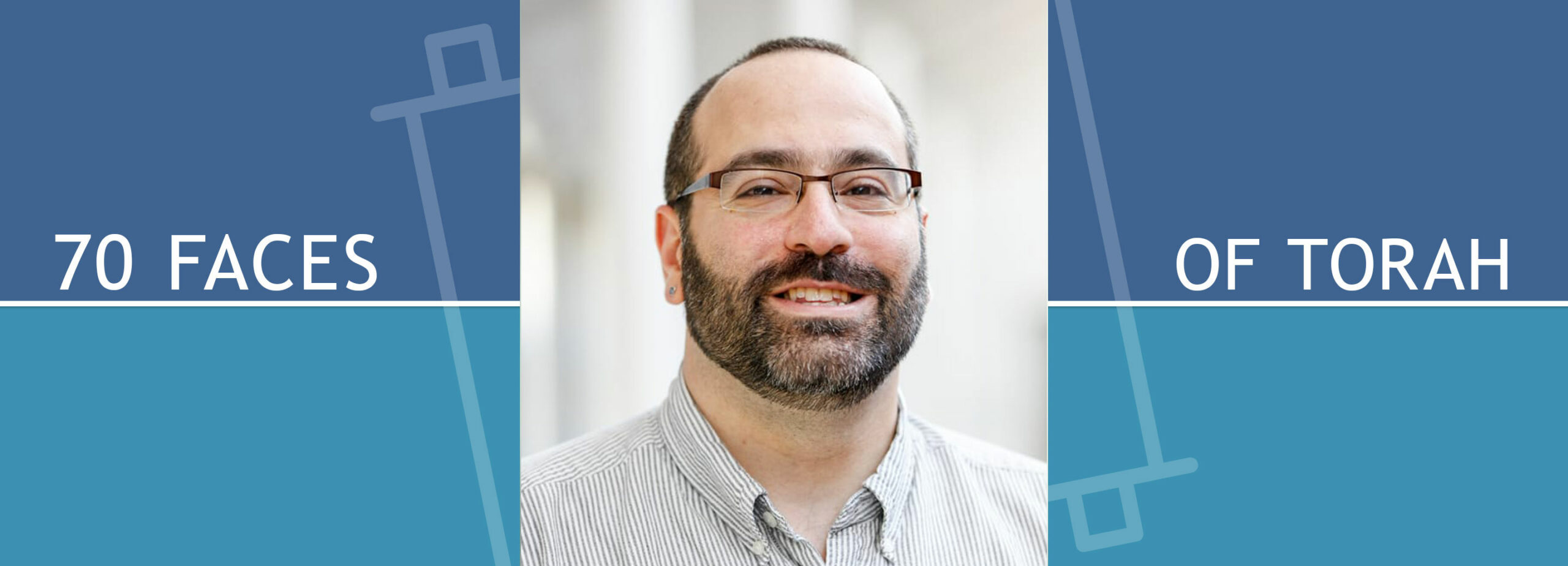Deuteronomy Small Acts of Kindness

Tisha b’Av
On a warm and clear evening late last month, my son and I decided, last-minute, to go a Red Sox game. And so, we quickly bought two inexpensive tickets online and headed to Fenway Park! Arriving a few minutes after the opening pitch, we wound our way through the crowded stadium and found our seats midway between first base and the outfield. Soon after, another father-son duo made their way down the row and took their seats directly in front of us. The dad was in his late thirties and his son was an adorable seven years old, decked out in Red Sox gear—complete with hat, jersey, and glove.
We all began to chat as we took in the action. The little boy became more relaxed and talkative, explaining that he “really, really wanted to catch a flyball,” and that he hoped it would come off the bat of Red Sox outfielder, Jackie Bradley, Jr. because, like JBJ, he was also a “Jr.” (Peter), and they were both outfielders! My son, Aviv, age 12, was having a great time chatting with Peter, quizzing him on Red Sox trivia, and regaling the little boy with stories about his prowess as a hockey player.
Sometime in the fifth inning, Aviv asked me for a few dollars to go get a drink. He promised he knew how to get back to our seats and that he would return quickly. About ten minutes later, he reappeared at the end of our row with a big grin on his face, proudly holding a scuffed baseball in his hand. He mouthed to me that it was a game ball he procured from the Red Sox manager, Alex Cora.
Instinctively, I quietly pointed to our new friends, glancing at Peter’s glove hanging off his little hand. Aviv immediately understood my gesture, gave me a slight frown, and walked back to our seats. As he approached me, he called out to his new friend and gently tossed him the ball. Peter’s faced lit up; he was smiling ear to ear! Once Aviv sat down, he shared with us—and anyone in earshot—about his heroic quest for the ball, including hanging over a barrier just above the Red Sox dugout and calling out in his “cutest” voice for a ball from the Red Sox manager.
As you can imagine, I was a very proud papa! Aviv made the thoughtful decision (with just a gentle nudge) to give up his hard-earned baseball to bring joy to his new friend. He knew that this would be a moment Peter would remember for years to come, and that both of them would remember it as a moment of unexpected kindness.
Let me be clear: my son is not an angel—neither is his father (as evidenced by our silly fight about ice cream later that same evening). But it was a definite growth moment for this soon-to-be bar mitzvah; an experience that I expect will serve as a touchstone for him in the future.
I have been thinking about our Fenway Park outing the past couple of weeks as Jews throughout the world prepare for Tisha b’Av (Ninth day of the Hebrew month of Av), the most somber day of the year (preceded by three weeks of semi-mourning). On this summer day, we commemorate the destruction of the Temple in Jerusalem and other calamities. In searching for reasons why the Jewish people were subject to these devastating events, our sages argued that they were punished by God for various grievous sins. One common explanation for the destruction of the Second Temple is that there was widespread sinat hinam, “baseless hatred” (Babylonian Talmud, Yoma 9a) among them.
Whatever one might think of this theological rationale, it does provide us with an important ethical message: whatever challenges we face—personal or communal—we must work diligently to ensure that we do not seed unwarranted or unnecessary hate (what might constitute justifiable hate is for another discussion). Interestingly, the twentieth-century mystical thinker, Rabbi Abraham Isaac Kook, famously wrote that while sinat hinam caused the destruction of the Temple, ahavat hinam, “baseless loving-kindness,” will lead to the rebuilding of the Temple and the flourishing of the people of Israel (Orot Ha-Kodesh III, pp. 323-324).
“Choose kind,” is the precept introduced by Mr. Brown to his class at Beecher Prep in the acclaimed fictional work, Wonder by R.J. Palacio. What might happen if we were to consciously make this choice even one more time each day? How might it transform our lives and the lives of those around us? My son made that choice on our recent outing to Fenway Park, and learned how good it can feel to carry out an act of kindness. The challenge for him—and for all of us—is how to nurture this sensibility, moving from doing such things sporadically or intermittently, to cultivating an ethos of kindness. May our commemoration of Tisha b’Av this year (August 10-11) move us to renew our commitment to ahavat hinam.
Rabbi Or Rose is the Director of Hebrew College’s Miller Center for Interreligious Learning & Leadership.

